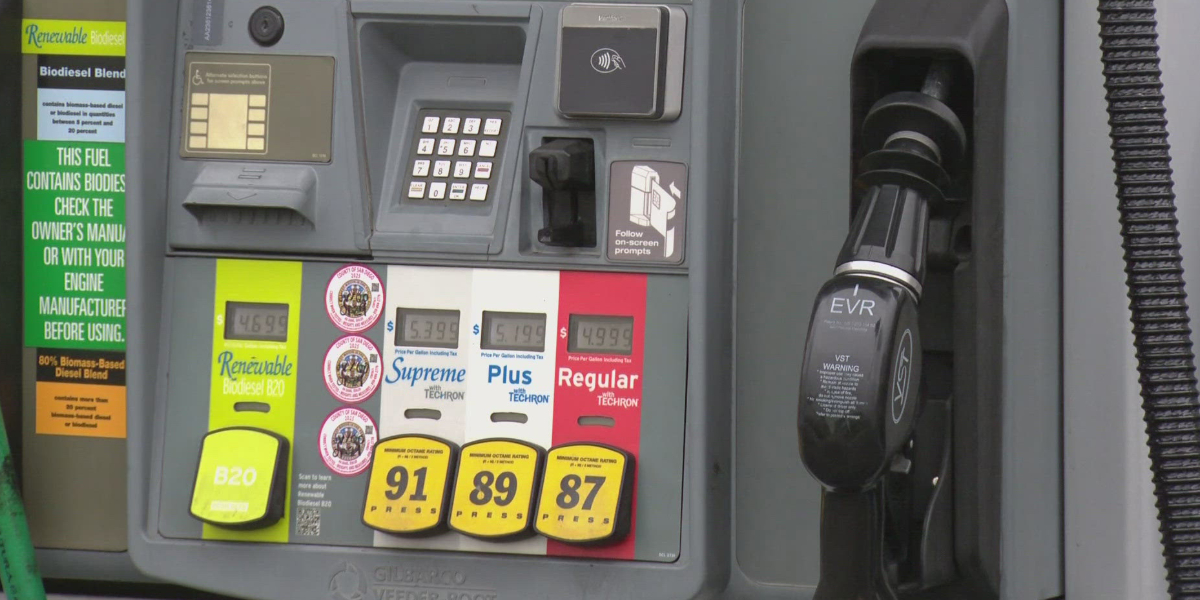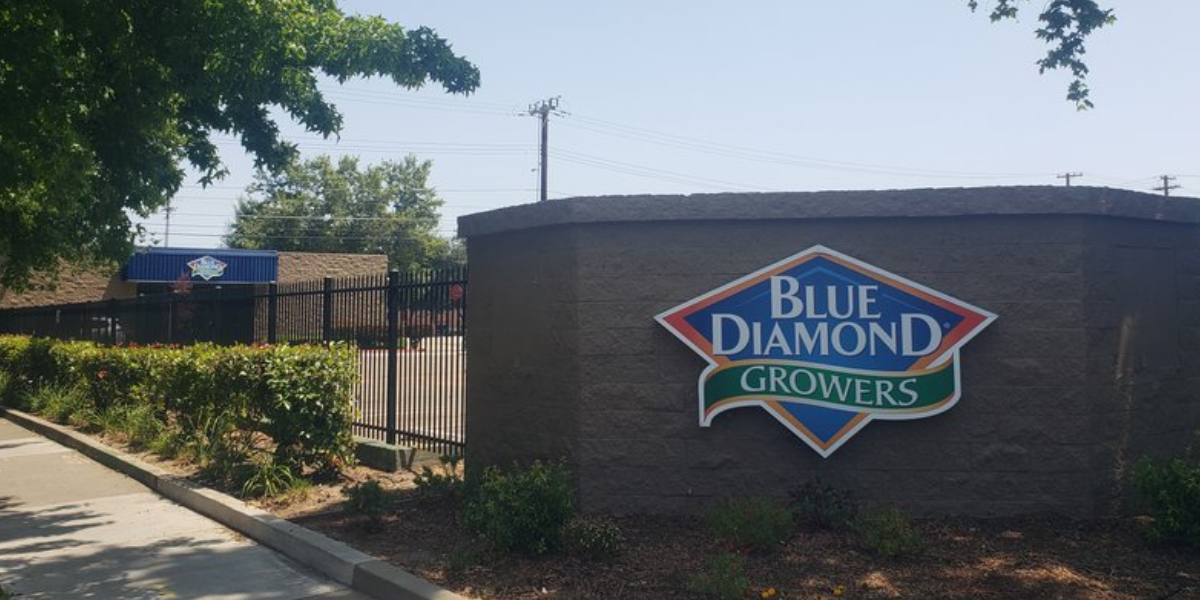Beginning on July 1, two statewide reforms might raise gas prices throughout California, however it’s unclear how much they might increase. This could lead to a contentious political fight.
The first change is that the state will raise the excise tax rate from 59.6 cents to 61.2 cents per gallon. However, there is considerable ambiguity around the state’s Low Carbon Fuel Standard environmental control program.
By encouraging oil and gas businesses to reduce their emissions and requiring those that don’t to purchase credits from those that do, the California Air Resources Board decided in November to fortify the program, which operates similarly to a cap-and-trade scheme.
“That’s going to increase their costs, which will again get passed on to the consumers, and all of us will be paying more for gasoline,” State Senate Minority Leader Brian Jones (R-San Diego) stated.
It’s unclear just how much more. According to a University of Pennsylvania research cited by Jones, petrol prices may soon rise by as much as 65 cents per gallon.
The impact is “fundamentally uncertain and could easily be lower,” according to the report, which also stated that the figure represents a “upper-bound estimate.”
“I think there’s been a lot of hyperbole around gas price impacts from the program, in part because they are hard to forecast,” Sam Wade of the Coalition for Renewable Natural Gas (CARB) stated. “Just as it’s difficult to forecast where oil prices might go, it’s difficult to forecast where the credit prices in the system might end up.”
“The changes are really just to try and get more clean air and more greenhouse gas reductions out of the fuels that we use in the state, so if you’re in favor of avoiding climate damages like major wildfires and breathing cleaner air in our communities, then you should support the program,” Wade stated.
A separate estimate from the University of California-Davis that estimated pass-through expenses to be anywhere from an extra 5 to 8 cents per gallon was cited by CARB.
“Any additional cost at the pump,” CARB stated, “would be from oil companies passing through the cost of complying with the regulation and they would decide how much, if any, of that cost to pass through to consumers.”
Read Also: Suspended Over Gaza Comments, California Professor Takes University to Court
According to AAA, California already has the highest gas costs in the country, therefore Jones insisted that any rise would be excessive.
“Their mission is to drive up the price of gasoline so high that regular, everyday Californians like you and me are forced into EVs, public transit or bicycles,” Jones stated.
“California has done so much to protect the environment, reduce emissions,” he continued. “I mean, don’t you think we’ve jumped the shark on that one?”
According to Wade, other factors, such as the price of oil, have a greater influence on fuel prices than the program.
“It’s a small cost compared to the benefits that you receive from an environmental perspective,” Wade continued.



